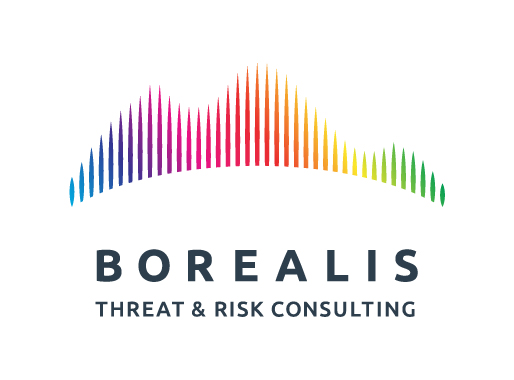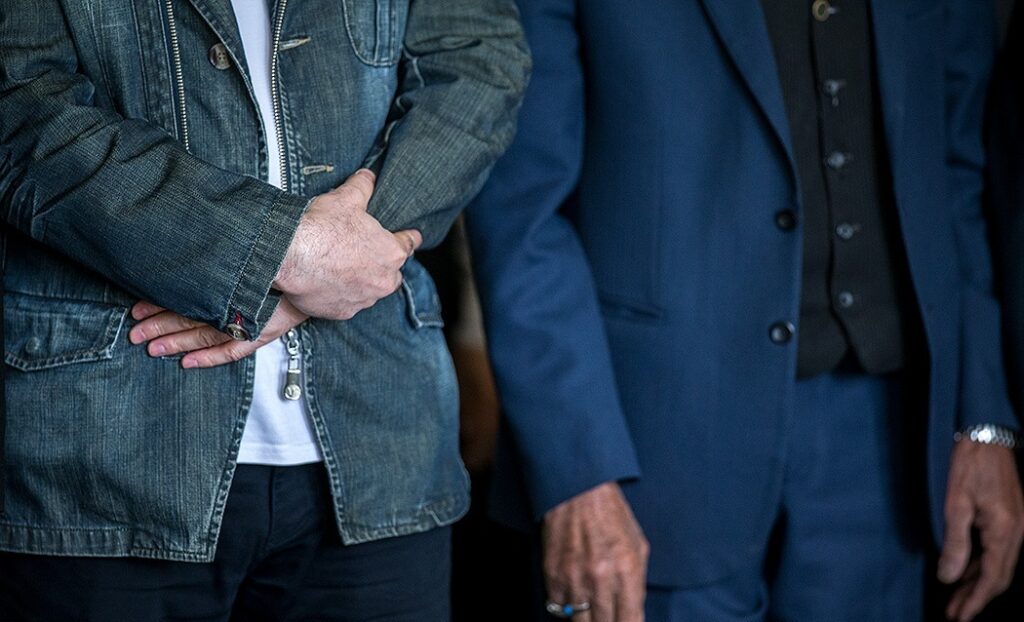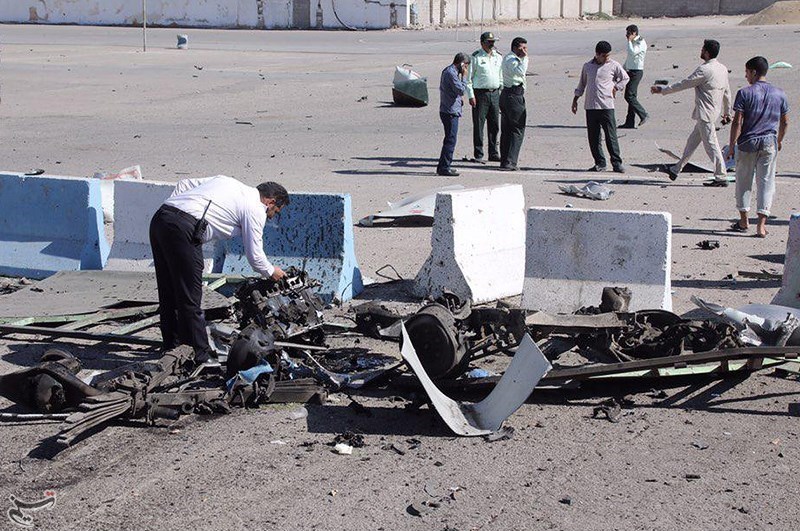The Iranian regime may be despicable for several very good reasons but that does not mean it is not the victim of terrorism too.
There is a term that is often bandied about when talking about terrorism which is, how shall we put this, ‘problematic’? That phrase is ‘state sponsor‘ of terrorism. It is used to describe a political entity that employs terrorist tactics abroad to further its agenda. In other words, as some have put it, ‘diplomacy by other means’.
One of the nations most associated with that term is Iran. And, it must be said, there is little reason to doubt that the accusation is true. Iran does sponsor (equip, finance, enhance…) actual terrorist organisations like Hizballah and Hamas, and we could throw in the Houthis in Yemen as well (although this is much more nuanced as that country has been embroiled in the ‘fog of war’ for quite some time).
So, if Iran sponsors real terrorist groups such as the ones just cited it does indeed deserve the moniker ‘state sponsor‘ of terrorism. There. Column done.
But…
Historically an equally damning accusation could be leveled at other countries: i.e. they too were ‘state sponsors‘ of terrorism. After all, did the US not help Al Qaeda (AQ) during the Soviet occupation of Afghanistan in the 1980s? Yes, but that was when AQ were the ‘good guys’, right?
Hmmm….
Regardless of where you stand on who’s who in the pantheon of state sponsors of terrorism we must be careful in remaining fair and accurate when describing acts of terrorism wherever they may occur. We need to be consistent in condemning a terrorist act irrespective of who is on the receiving end.
Even if that recipient is Iran, a state sponsor of terrorism.
Last week I came across a story on an Israeli Web site that told of an attack in the southeastern Iranian province known as Sistan va Baluchistan. A bomb killed one person and wounded three others and Iranian state news blamed a “terrorist group” linked to Tehran’s enemies.
Did you catch that? The writer decided to encode this as a “terrorist group”. The use of quotation marks is a way of saying, in essence, a ‘so-called’ terrorist group or casting doubt over whether the perpetrators should indeed be called terrorists. In other words ‘yeah, Iran says the were ‘terrorists‘ but we know better, don’t we?’ Iranian media did not help their own cause when they descended to the usual state rhetoric that “a group linked to global arrogance (i.e. the US and its allies)” was behind the incident.
Still, was this a real terrorist act or was it not? The likely actors belonged to Jaish al-Adl (JAA), or Army of Justice, an AQ-linked organisation that has been active in the region for years. There are other violent extremist groups and drug-running operations in that same area. Nevertheless, JAA is a terrorist group. Heck, even the Trump administration – the Trump administration! – listed it as such in 2019. And we all know what Trump thought of Iran.
Furthermore, when similar groups strike in Iran’s eastern neighbour Pakistan – these entities caused more than 3,000 deaths in the 2010s – no one shows any hesitation in condemning the acts as terrorist ones. Why, then, the inconsistency here? Part of the reason may be the source of this particular story, an Israeli Web site. It is not exactly a state secret how Israel goes to extreme lengths to demonise Iran (and vice versa!).
In the end, if we are to strive for accuracy and objectiveness we have to call what took place in Iran last week an act of terrorism. Doing so does not mean we like Iran or its policies or its politics. But terrorism is terrorism and must be described in those terms.
Terrorism is an emotional topic and seeking agreement on what it is and what it is not is a fool’s errand. Call me a fool then, but this act of violence was an act of terrorism.
Read More about Iran

Old jihadi causes never die…nor do they fade away
The recent attack on UK author Salman Rushdie is a potent reminder that calls for religious violence can last decades.

December 29, 2008: Sunni terrorists carry out suicide bombing in Iran
On December 29, 2008 a Jundallah suicide bomber killed four people and wounded 12 in an attack in southeastern Iran.

December 6, 2018: Suicide bombing hits police headquarters in Iran
On December 6, 2018 four policemen were killed and 42 other people were wounded in a suicide car bomb attack on a police headquarters in Iran’s southeast city of Chabahar.

2 replies on “Is one person’s terrorist attack another’s ‘terrorist attack’?”
Hi Phil!,
I agree, a victim of terrorism is still a victim even if they are citizens of a regime which engages in terrorism. Your comment on Western support of AQ during the Soviet era is accurate. Indeed it is even worse than that from a broader historic perspective, especially among the Five Eyes. Recall, the SOE’s (Special Operations Executive) task was to “set Europe ablaze.” The SOE’s follow on American sibling, the “OSS” was doubtless no better. Both agencies committed atrocities in a very cold, calculating and methodical manner and such techniques were key pieces of both their operational strategy and organizational policy.
If I am not mistaken, after World War Two, Winston Churchill characterized the SOE as having “broken all the rules of both God and man.” Perhaps the 1946 fire in London which allegedly destroyed all of the SOE’s WW2 documentation prior to their processing and transfer to Whitehall’s permanent records facility wasn’t the “accident” it is alleged to have been after all.
Take care of yourself during this Covid thing and see you at the next Pillar event. All the best,
Jim Lennon
Thanks Jim! Stay well! PS Have you seen my latest book (self-published)? https://borealisthreatandrisk.com/the-peaceable-kingdom/